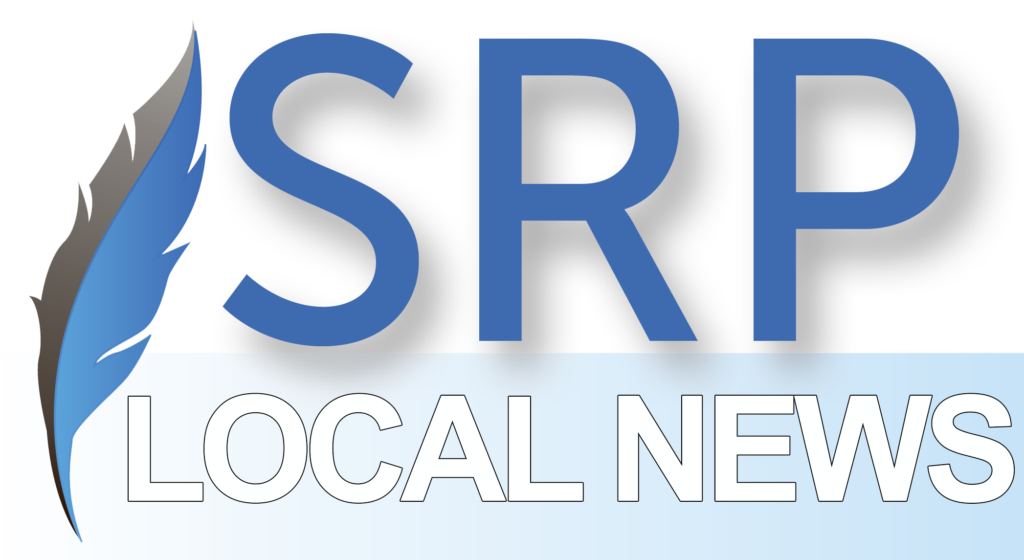
CAPITOL RECAP: Budget passes after all-night session
By CAPITOL NEWS ILLINOIS
SPRINGFIELD – Illinois lawmakers worked until the early hours of Saturday to pass a $46.5 billion spending plan for the upcoming fiscal year, as well as a $1.8 billion package of mostly-temporary tax cuts that Democrats said are intended to soften the impact of inflation on working families.
After 3 a.m. Saturday in the Senate and 5:30 a.m. in the House, lawmakers approved House Bill 900 appropriating funding, House Bill 4700 as what is called the budget implementation bill, and Senate Bill 157 laying out the tax relief proposal and revenue-related measures. The spending plans passed both chambers without Republican support, while the tax relief proposal passed with all but a handful of lawmakers supporting it between the two chambers.
The tax relief package would include $50 checks sent to Illinoisans earning less than $200,000 annually for single filers and $100 checks for those filing jointly and earning less than $400,000. Families would also receive $100 per dependent up to three.
It would also permanently expand the earned income tax credit to 20 percent of the federal credit, up from 18 percent, at a cost of roughly $100 million per year. It would extend EITC eligibility to noncitizens who have an individual taxpayer identification number rather than a Social Security number.
It also calls for doubling the property tax rebate to qualifying homeowners, up to $300 per household, suspending a 2-3 cent motor fuel tax increase for six months, and suspending a 1 percent grocery tax for a year.
The motor fuel tax is the main funding source for road construction projects, so revenues lost from it would be replaced from other state funds.
The budget would also suspend the sales tax on back-to-school items and qualifying clothing items for a 10-day period, Aug. 5-14.
The Fiscal Year 2023 spending plan also provides for the statutorily required $350 million in additional funding for public schools through the Evidence Based Funding formula that was originally adopted in 2017. Higher education would see increases as well.
The portion of the state’s income tax going to local governments would increase from 6.06 percent to 6.16 percent.
Sims said the budget also included an increase of $80 million in the Criminal Justice Information Authority, $90 million to fund three state police cadet classes to provide an additional 300 state troopers, $33 million for a law enforcement camera grant program and $10 million for a newly created law enforcement officer recruitment retention pilot program.
The budget also directed an investment of $235 million in federal American Rescue Plan Act funding to the Reimagine Public Safety Act aimed at early crime intervention.
It directs $1 billion to the state’s “rainy day” fund, which had been spent down to essentially nothing during a two-year budget impasse between Republican former Gov. Bruce Rauner and legislative Democrats. Another $929 million was dedicated to paying back interfund borrowing.
The stronger-than-expected revenue performance created a surplus for the current year and led to increased projections for the upcoming fiscal year that begins July 1.
That was due in part to pandemic-triggered shifts in consumer behaviors that led to more spending on taxable goods than services which are not taxed in the state, increased federal unemployment benefits which are taxed at the state level, and increased tax revenue due to higher-priced consumer goods relating to inflation.
* * *
ORGANIZED RETAIL CRIME: A measure aimed at addressing high-profile “smash-and-grabs” and other organized retail crime was among the scores of bills passed during the General Assembly’s final sprint toward its Saturday morning adjournment.
Its backers, among them the Illinois attorney general and the Illinois Retail Merchants Association, called it one of the strongest actions in the nation to define organized retail crime while increasing prosecutors’ ability to hold criminals accountable.
Republicans, for the most part, voted for the bill, but several GOP lawmakers called it watered down and removed their names as cosponsors after a late amendment was filed to appease crime victims groups and civil liberties organizations.
House Bill 1091, which will still need approval from the governor to become law, defines “organized retail crime” in state law with the intent of reducing offenders’ ability to avoid prosecution.
Senate Amendment 4 changed the focus of the bill to identify ringleaders, or “managers,” of organized retail crime rings, creating greater penalties for them than for the low-level individuals who steal from stores and may be victims of human trafficking.
That amendment states an individual commits retail crime and is subject to a Class 3 felony charge when, “in concert with” another individual or group, the person “knowingly commits” retail theft from one or more retailers. Anyone committing a battery as part of such a crime could be charged with a Class 2 felony.
A person is guilty of being a ringleader of an organized retail crime operation if they recruit individuals, supervise finances or direct others to commit retail theft with intent to resell merchandise that exceeds $300 in value. Ringleaders can also be found guilty if merchandise is stolen while in transit from the manufacturer to the retail establishment.
Ringleaders, or “managers” as they are called in the bill, would be subject to Class 2 felony charges.
After midnight in the Senate, HB 1091 passed 42-10, later passing the House 96-5 with Democratic Rep. Carol Ammons, of Urbana, and Chicago Reps. Curtis Tarver, Mary Flowers, Will Guzzardi, and Kelly Cassidy voting no.
The effort to address organized retail crime is also backed by a $5 million investment within the state budget, allowing the attorney general’s office to award grants to state’s attorneys and law enforcement agencies that investigate and prosecute organized retail crime.
The legislation requires third-party sellers to verify the user’s identity with a bank account number or other information to prevent stolen goods from being sold online. Third-party selling marketplaces, such as Amazon or eBay, would be required to suspend sellers who knowingly sell items that were stolen or are believed to be stolen.
The measure would allow prosecutors the ability to consolidate charges against an offender in one county even if a ring of smash-and-grab thefts happen across multiple counties. A statewide grand jury will have the power to investigate, indict and prosecute violations of organized retail thefts.
Victims of organized retail theft – including retail establishments – will have a right to at least seven days’ notice of all court proceedings under the bill.
* * *
JUDICIAL RACE FUNDING: In the final hours of the legislative session that wrapped up Saturday morning, state lawmakers approved a bill that limits how much judicial candidates can raise from nonprofit entities that are not required to disclose the identities of their donors and caps non-candidate donations in “self-funded” campaigns.
The measure still needs approval from Gov. JB Pritzker. It would take effect immediately, meaning it would be in effect for the 2022 election cycle, upon his signature.
Dark money sources played a sizeable role in the 2020 elections when Democrat Thomas Kilbride became the first Illinois Supreme Court justice to lose a retention election since the state adopted the process in 1964.
The Chicago Tribune reported at the time that a record $10.7 million had been poured into the retention campaign between the two sides. Much of the anti-retention funding came from conservative billionaires Ken Griffin and Richard Uihlein, with another $200,000 coming from a dark money group, the Judicial Fairness Project.
Under the bill, House Bill 716, candidates for judicial offices would not be allowed to receive more than $500 during an election cycle from any committee, association, organization or group of people that is not required to disclose its contributors.
The bill adds an enforcement mechanism to a dark-money ban in judicial races that lawmakers passed last year. Under this year’s bill, any contributions above $500 from a source that is not required to disclose its donors would be considered an “anonymous contribution” and would be forfeited to the state.
The bill also exempts judicial races from what is often called the “self-funding” rule in Illinois law that says if a candidate or a member of the candidate’s immediate family contributes or makes a loan to the candidate’s campaign above certain thresholds – $250,000 for statewide offices and $100,000 for all other offices – then all contribution limits are lifted for all candidates in that race.
Under the bill, outside contributions in those races would be subject to a $500,000 limit per a single donor per election cycle.
Additionally, the bill calls for setting up an eight-member Public Financing of Judicial Elections Task Force to study the feasibility of allowing the use of public funds to subsidize judicial campaigns to candidates who agree to adhere to voluntary spending limits. The task force would complete its study by June 30, 2023, and report its findings to the governor and General Assembly.
* * *
NURSING HOME REFORM: A bill that would inject more than $700 million annually into Medicaid-funded nursing homes to increase staffing levels and improve quality of care unanimously cleared the Illinois House on Thursday, one day after clearing the Senate.
It will head to Gov. JB Pritzker who praised its passage in a statement after the House vote.
Illinois has long been home to some of the most understaffed nursing homes in the country, a problem that was magnified during the COVID-19 pandemic when long-term care facilities became major centers of transmission.
The Illinois Department of Public Health estimates that nearly 8,000 nursing home residents and 100 staff members have died of the disease since the pandemic began. That’s roughly 24 percent of all the COVID-19-related deaths recorded in Illinois as of Wednesday.
Officials from the Department of Healthcare and Family Services, which administers Medicaid, have said much of that was due to understaffing and poor quality of care in Medicaid-funded facilities, especially in those that serve low-income residents and people of color, where residents are often housed together.
Since around the time the pandemic first struck, HFS has been working on a new funding model that would reward nursing homes for increasing staff levels and provide additional money to raise wages for certified nursing assistants, the people who provide the most day-to-day direct care to residents.
That new system, known as a Patient Driven Payment Model, or PDPM, has been the subject of intense negotiations for the past two years between state agencies, senior citizen advocates and the nursing home industry.
Most of the funding for the plan, an estimated $515 million, would come from an increased bed tax the state levies on nursing facilities to generate money that is then used to draw down additional federal Medicaid matching funds.
Of that, $360 million would be used as incentive payments for nursing homes to increase their staffing levels up to or beyond certain target levels. Those targets are determined by what’s known as the Staff Time and Resource Intensity Verification, or STRIVE study of the federal Centers for Medicare and Medicaid Services.
The new payment system is spelled out in a Senate amendment to House Bill 246. It passed out of the Senate on Wednesday, 58-0, and the House on Thursday 113-0.
* * *
HEALTH CARE VISITS: The Illinois House advanced a measure Monday, April 4, that aims to ensure nursing home patients have a right to visitors even amid a public health emergency. The Senate passed the measure Wednesday, April 6.
Senate Bill 1405 states that a health care facility must ensure “an opportunity for at least one visitor to visit a resident or patient,” even amid a gubernatorial disaster declaration. A clergyperson would not count against the limit.
Health safety guidelines set by the health care facility, U.S. Centers for Medicare and Medicaid Services, and the Centers for Disease Control and Prevention would need to be followed for entry. And the person seeking entry may be required to pass a health screening.
Rep. Chris Bos, R-Lake Zurich, the bill’s chief House sponsor, said the legislation would give local control to the health care facilities. Bos also said it is in response to constituents who were upset that they could not visit family members in health care facilities during the COVID-19 pandemic due to Gov. JB Pritzker’s executive orders.
Bos said facilities would still have to comply with local health department guidance as well.
Early in the pandemic, Pritzker issued an executive order restricting visitation of those in health care facilities during peak transmission periods to help prevent the spread of COVID-19.
Rep. Carol Ammons, D-Urbana, expressed concern that the bill would lead to a repeat of executive orders being challenged with lawsuits.
“The reality is, when you have a worldwide pandemic, the governor has to have the ability and the authority to make the decision that is in the best interest in the state,” Ammons said.
She was one of three Democrats voting against the measure, along with Chicago Reps. Will Guzzardi and Greg Harris, as it passed on a 105-3 vote with three lawmakers not voting.
Ammons said that she understands that Bos was aiming to ensure family members are not alone during a public health crisis but that the bill “usurps the governor’s authority.”
At a news conference Tuesday morning, Pritzker said the pandemic won’t likely be the last one the state faces, and he wants to ensure laws that are put in place are appropriate going forward to ensure the most vulnerable are safe.
He didn’t say whether he would sign the bill or offer any amendatory veto.
* * *
DCFS AUDIT REQUESTED: In the wake of the recent deaths of five children who were in contact with the state’s child protection agency and eight contempt citations against the agency’s director, House Republicans on Wednesday, April 6, asked for a performance audit at the Illinois Department of Children and Family Services.
House Resolution 824 was filed Wednesday, requesting the state’s auditor general audit the agency and create a report that details DCFS policies, their shortcomings and how they could be improved.
During a news conference on Wednesday, the resolution’s sponsors, Reps. Tom Weber, R-Lake Villa, David Welter, R-Morris, and Chris Bos, R-Lake Zurich, said they want a snapshot of the agency performance over the last two years.
During a simultaneous news conference in his Capitol office, Pritzker pointed to the decimation of the agency by the previous administration by failing to pass a budget to fund DCFS.
But Bos disagreed.
“Director Smith has had three years. He could have came in and been a hero and turned this agency around,” Bos said in an interview after the news conference.
In response to a question about whether Pritzker has confidence in Smith, he said he and the DCFS director are both concerned for child safety.
“The director is, like me, also deeply concerned about the conditions for these children and making sure that we’re doing everything we can with the budgets that we have, with the time that we have, to do it as quickly as possible to bring back beds for these kids to make sure that they’re getting the services they need,” he said.
Since December, at least five children have died after contact with the state’s child protection agency. They are Navin Jones, 8, of Peoria; Damari Perry, 6, of North Chicago; Sophia Faye Davis, 1, of Dawson; Zaraz Walker, 1, of Bloomington; and Tamsin Miracle Sauer, 3, of Nelson.
Capitol News Illinois is a nonprofit, nonpartisan news service covering state government that is distributed to more than 400 newspapers statewide. It is funded primarily by the Illinois Press Foundation and the Robert R. McCormick Foundation.
Local News

Cold weather, warm hearts
Spread the loveBy Joan Hadac Your correspondent in Clearing and Garfield Ridge (708) 496-0265 • joan.hadac@gmail.com Hi everyone. Welcome to February, the shortest month of the year, jam-packed with holidays like Lincoln’s Birthday, Washington’s Birthday–which are usually bundled together into Presidents Day–Groundhog Day, Mardi Gras, Ash Wednesday and Super Bowl Sunday. (Some of us just check…

‘Once in a lifetime’ funding coming
Spread the loveGov’t. invites biz owners, non-profits to apply From staff reports Local business owners and community-based non-profit leaders are invited to attend an online meeting designed to raise awareness of the American Rescue Plan Act and other economic recovery funding opportunities, and better understand what they need to do to be eligible for these opportunities. Dubbed…

Crime fighters will meet
Spread the loveBy Tim Hadac Residents of Police Beat 812 (Clearing, west of Central Avenue) are invited to attend their next CAPS meeting, set for 7 p.m. Wednesday, Feb. 9. The meeting will be held via Zoom in a webinar format. To obtain instructions and passcodes, call the Chicago Lawn (8th) District CAPS Office at…

Planned park in Palos Heights will have Olympic theme
Spread the loveBy Jeff Vorva The Misty Meadows subdivision in Palos Heights is getting a new park and it will be partially funded by a pair of famous local athletes. Plus, it will have an ice rink and an Olympic theme. NFL player Michael Schofield and his Olympic hockey gold- and silver-medal-winning wife, Kendall Coyne…

Cook County Animal and Rabies Control offers pet safety tips
Spread the loveParts of Cook County could see up to 12 inches of snow over the next day as a winter storm moves across the area starting tonight. Cold weather creates hazardous conditions for residents and their pets. The Cook County Department of Animal and Rabies Control reminds residents to take special precautions to keep…
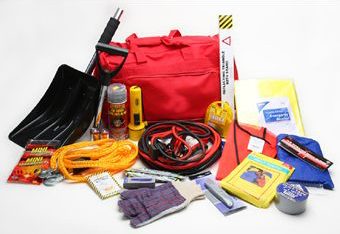
Winter storm could bring heavy snowfall
Spread the loveParts of Cook County could see up to 12 inches of snow over the next day as a winter storm moves across the area starting tonight. The county’s Department of Transportation and Highways is monitoring conditions and has resources on standby to keep the 1,500 lane miles the county maintains, safe for drivers.…
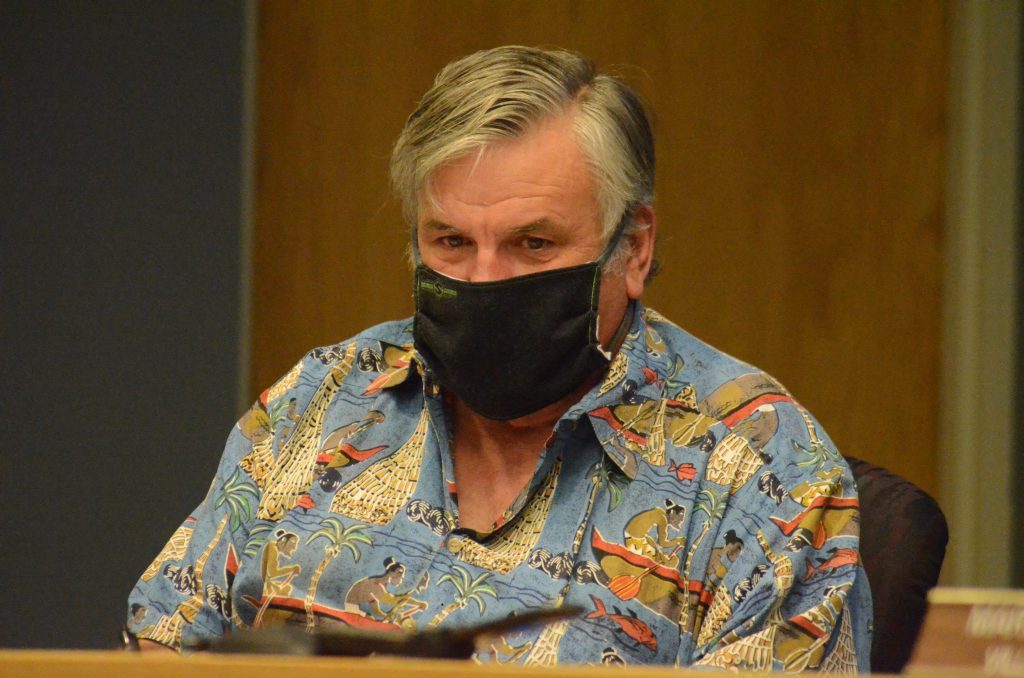
Polk insists residents should use 9-1-1 when they need help
Spread the loveBy Jeff Vorva With snowstorms and bad weather hitting the area, first responders and 9-1-1 operators are taxed and stretched out. But Palos Park Police Commissioner Dan Polk said that should not deter people from calling 9-1-1. He insists on it. At the Jan. 24 village council meeting, Polk made a passionate speech…
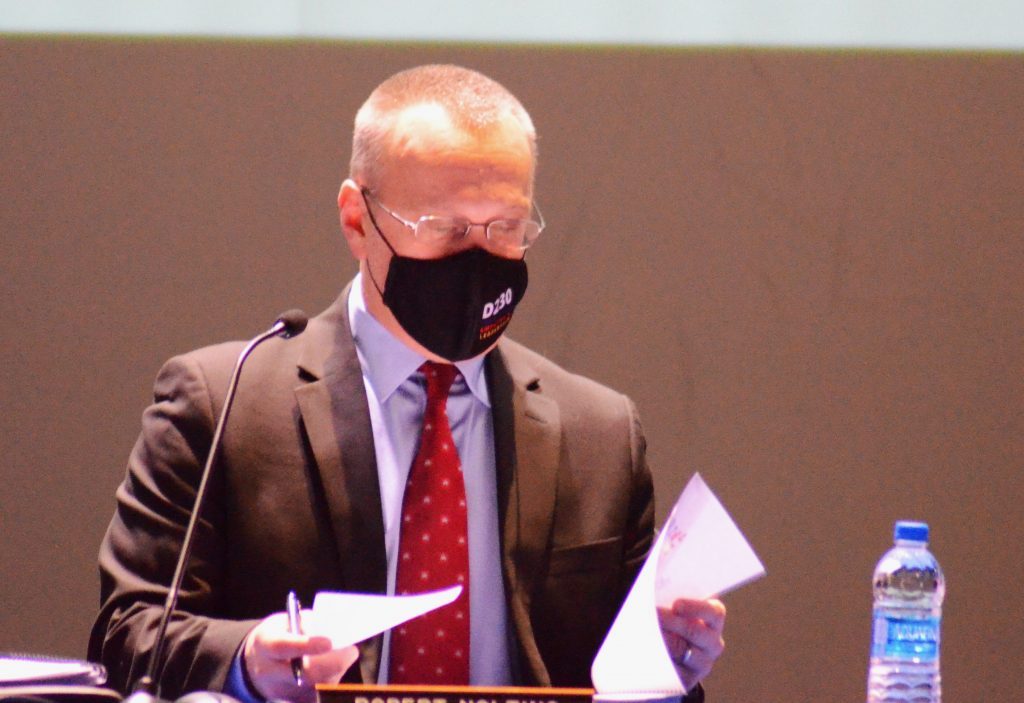
District 230 waits for judge’s decision on mask mandates
Spread the loveBy Jeff Vorva Stagg and Sandburg students, parents and teachers are awaiting the decision of a Sangamon County judge to find out if there is any change in the mask mandate. District 230 was one of 145 districts in the state taken to court by parents who are against the mandate and believe…

Summit approves deal with CEDA for water assistance
Spread the loveBy Carol McGowan Help may be on the way for some Summit residents that have trouble paying their water bills. The Summit Village Board recently approved an ordinance authorizing an agreement by, and between the Community and Economic Development Association of Cook County. It’s a vendor agreement for the Low-Income Household Water Assistance…
Neighbors

Worth limits number of signs on businesses
Spread the loveBy Joe Boyle Signs that are attached to businesses in Worth will undergo a makeover. A lengthy discussion took place during the Worth Village Board meeting Tuesday night addressing a dilemma that trustees said had to be addressed. An ordinance was drawn amending previous sign regulations of businesses in the village. Trustees had…

Help is available for crime victims
Spread the love. By Peggy Zabicki Your correspondent in West Lawn 3633 W. 60th Place • (773) 504-9327 . The Chicago Police Department will present a program called Crime Victim Services on Wednesday, July 10 from 2 to 6 p.m. at the West Lawn Branch Library, 4020 W. 63rd St. The police will provide support…
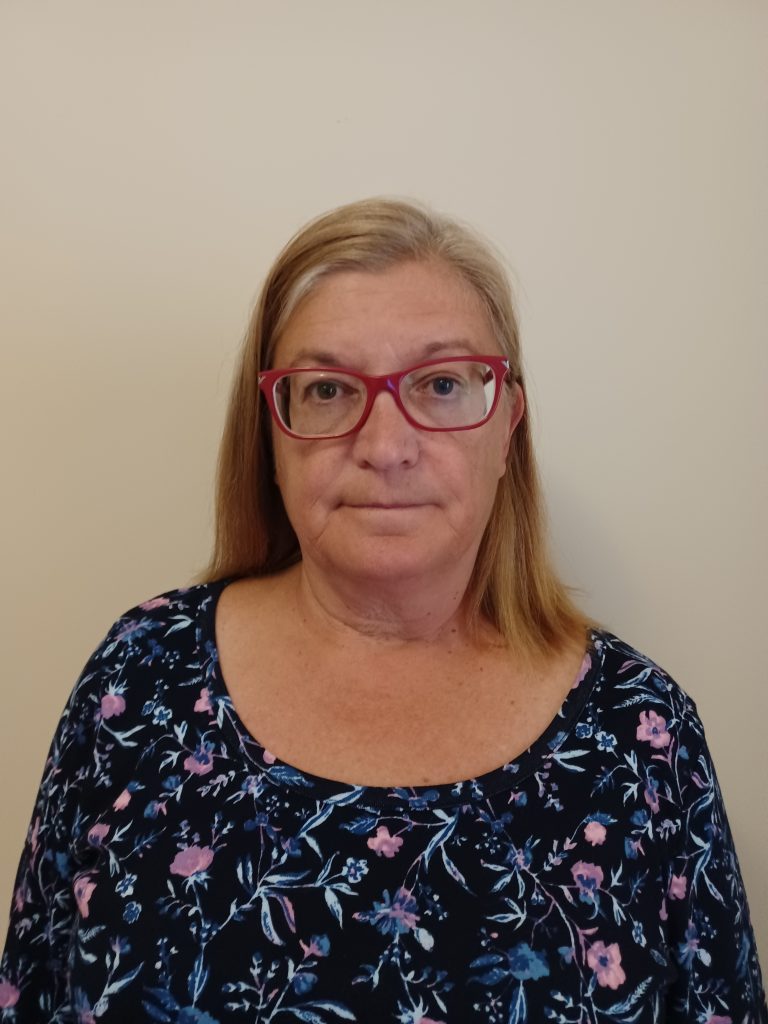
Neighbors—and dogs—pleased with new trees
Spread the love. By Mary Stanek Your correspondent in Archer Heights and West Elsdon 3808 W. 57th Place • (773) 517-7796 . Now that it is mid-July, I wonder when the pumpkin lattes will start appearing? My side of the West Elsdon neighborhood got a little greener on June 27th. Trees were planted along 58th…
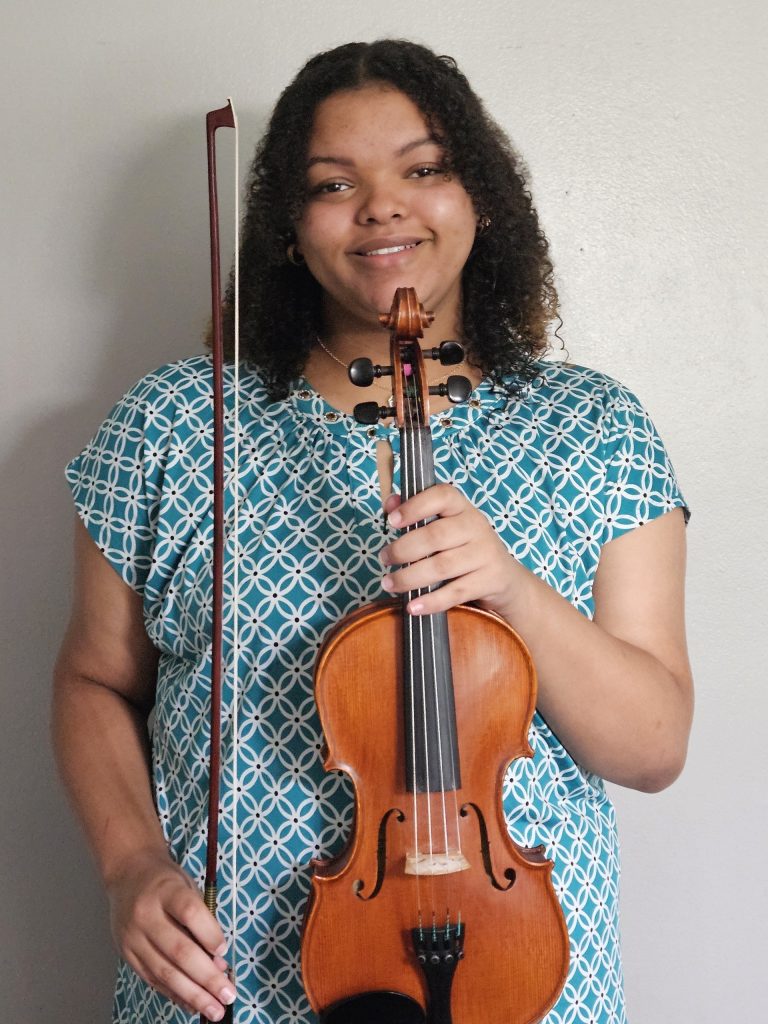
Palos Park teen violinist invited to perform at Ravinia Festival
Spread the loveBy Kelly White A Palos Park teenager who is a member of the Suburban Youth Symphony Orchestra has been invited to perform at next week’s prestigious Ravinia Festival. Violinist, Mariah Saban Rice, 13, of Palos Park, is one of three south suburban musicians invited to attend and perform at the National Seminario Ravinia…

Palos Park police charge Burbank man for false fire alarms
Spread the loveFrom staff reports A Burbank man was charged Monday with six counts of felony disorderly conduct for his role in allegedly setting off false fire alarms dating back to March. Palos Park police said they initiated an investigation on March 18 after they were contacted by the Palos Fire Protection District regarding numerous…

Red Stars’ Swanson, Naeher headed to Paris seeking gold
Spread the loveBy Jeff Vorva Correspondent Two Chicago Red Stars standouts are going to Paris to represent the U.S. in the Summer Olympics. Goalie Alyssa Naeher and forward Mallory Swanson have been named to the United States Women’s National Team. Naeher was on U.S. Olympic teams that played in Rio de Janeiro and 2016 and…
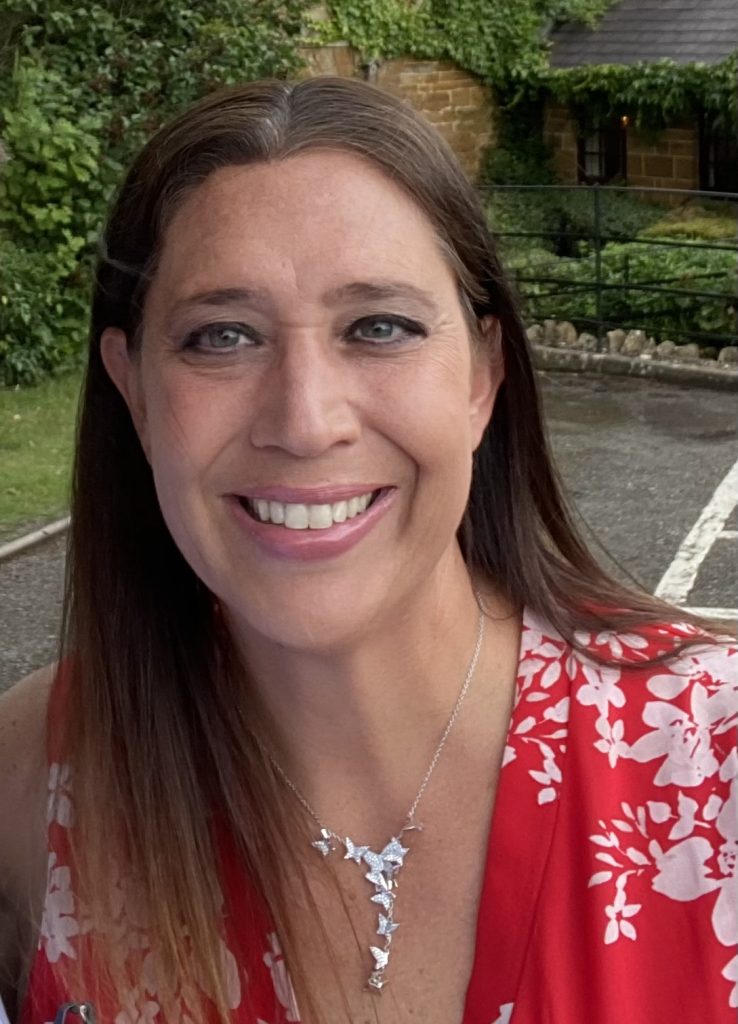
Laurie Markatos, Dylan Jacobs looking toward 2028 Summer Games
Spread the loveBy Jeff Vorva Correspondent Laurie Markatos predicted there would be a “flood of tears” her first day on the job. Markatos, The Regional News and The Reporter’s Softball Player of the Year in 1996 and 1997 when she played for Stagg, is an assistant coach of the Greek National Softball Team, also known…

Township of Lyons donates $10,000 to help food pantries
Spread the loveBy Steve Metsch The Township of Lyons board was in a giving mood at its most recent meeting. The board approved sponsorships and donations totaling $12,250. The largest donation was $10,000. It went to the Greater Chicago Food Depository which runs 12 monthly mobile food pantries in the township each year. Supervisor Christopher…
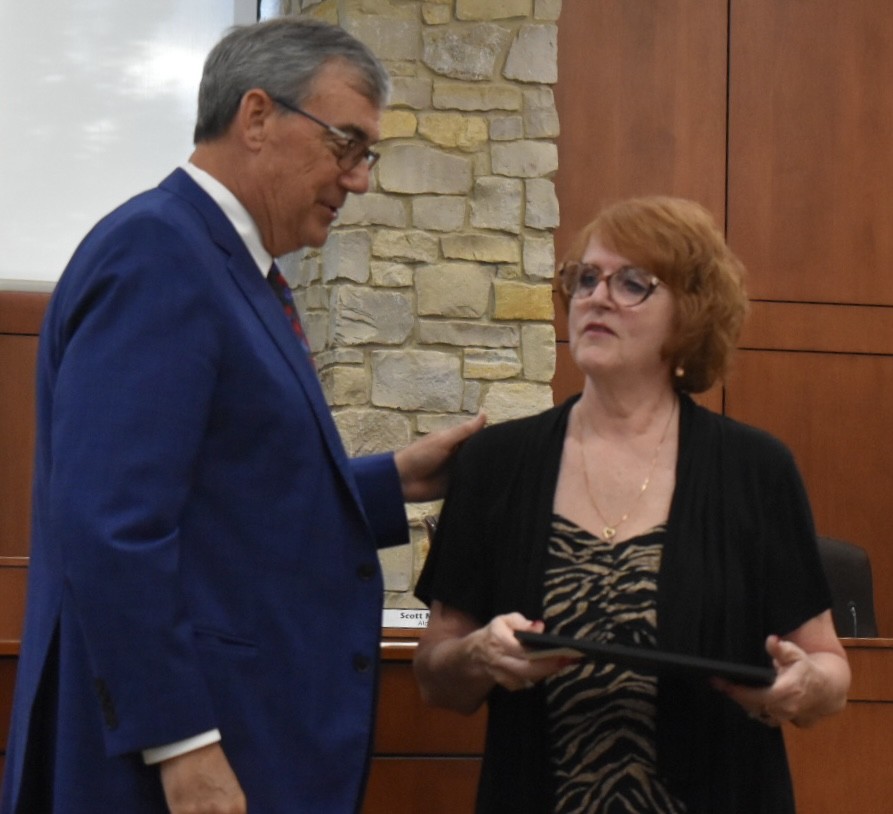
Countryside zoning commissioner honored for 20 years on board
Spread the loveBy Steve Metsch For the past 20 years, Tina Grotzke has had a say-so in every development that’s come to Countryside. Grotzke was appointed to another term on the city’s the plan commission zoning board of appeals during the city council’s meeting on June 12. Mayor Sean McDermott noted Grotzke’s two decades of…






